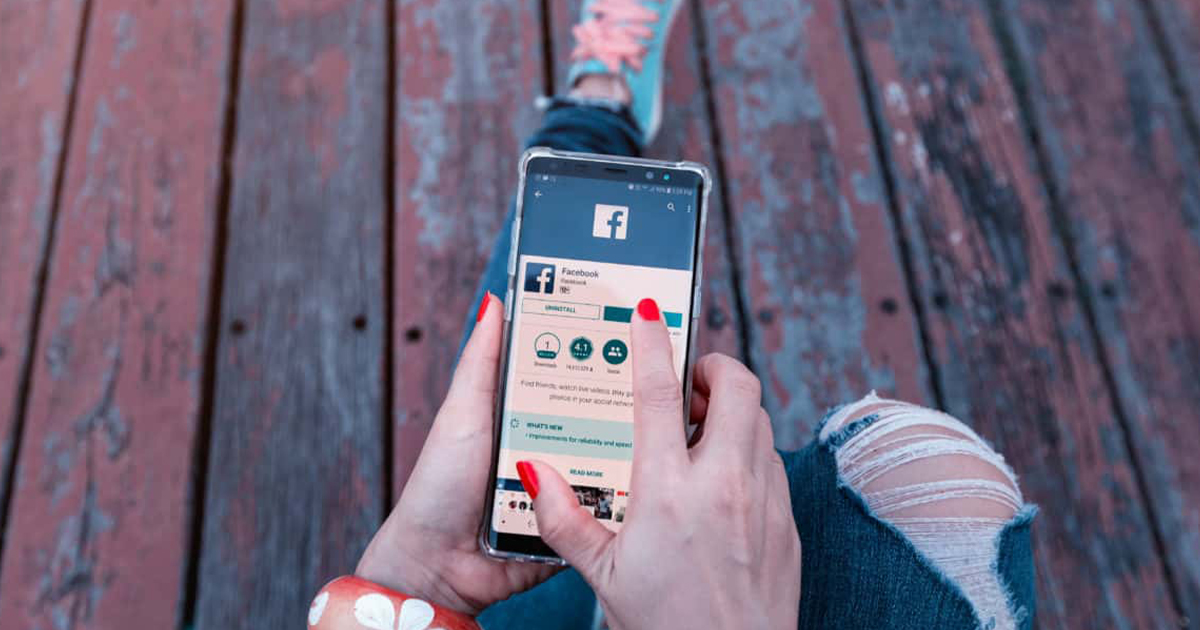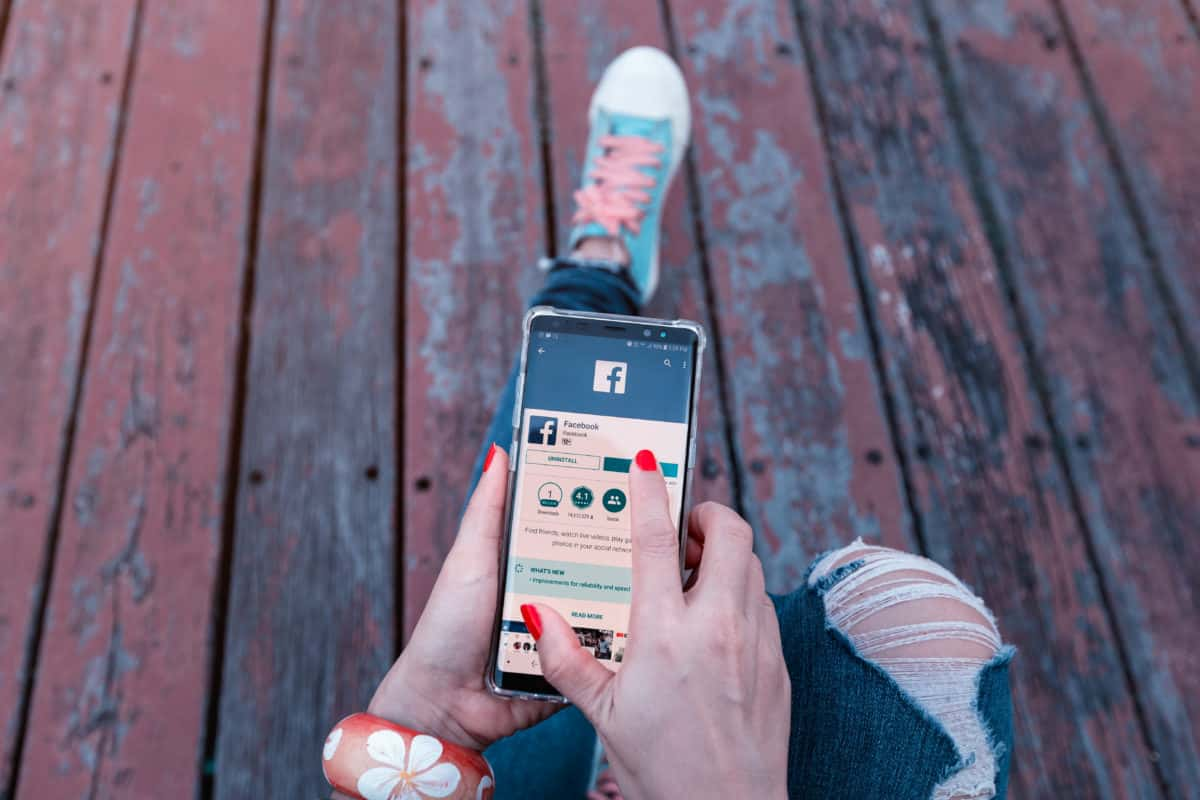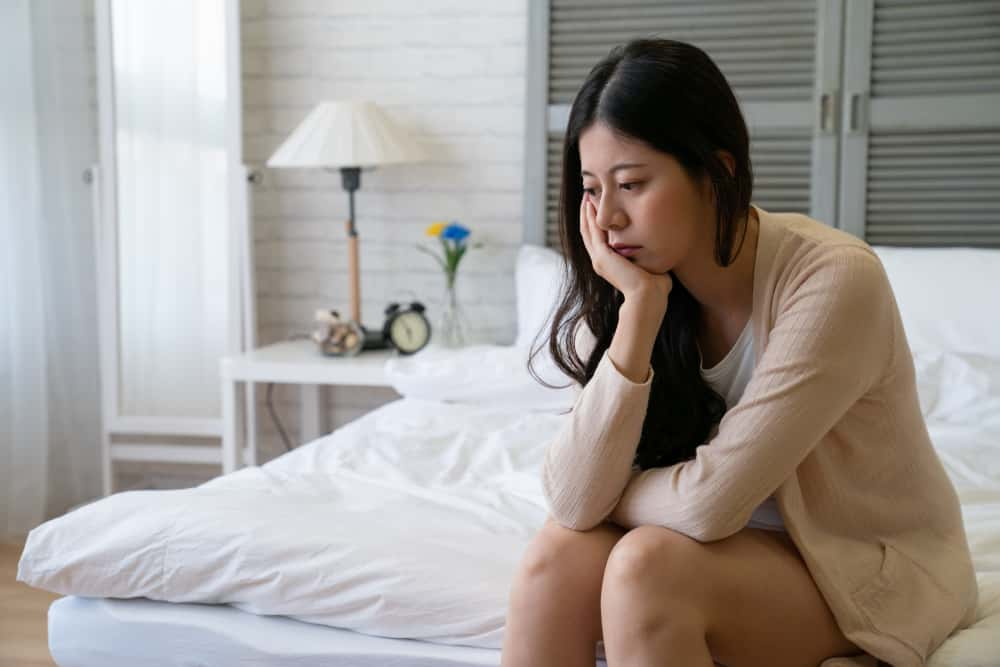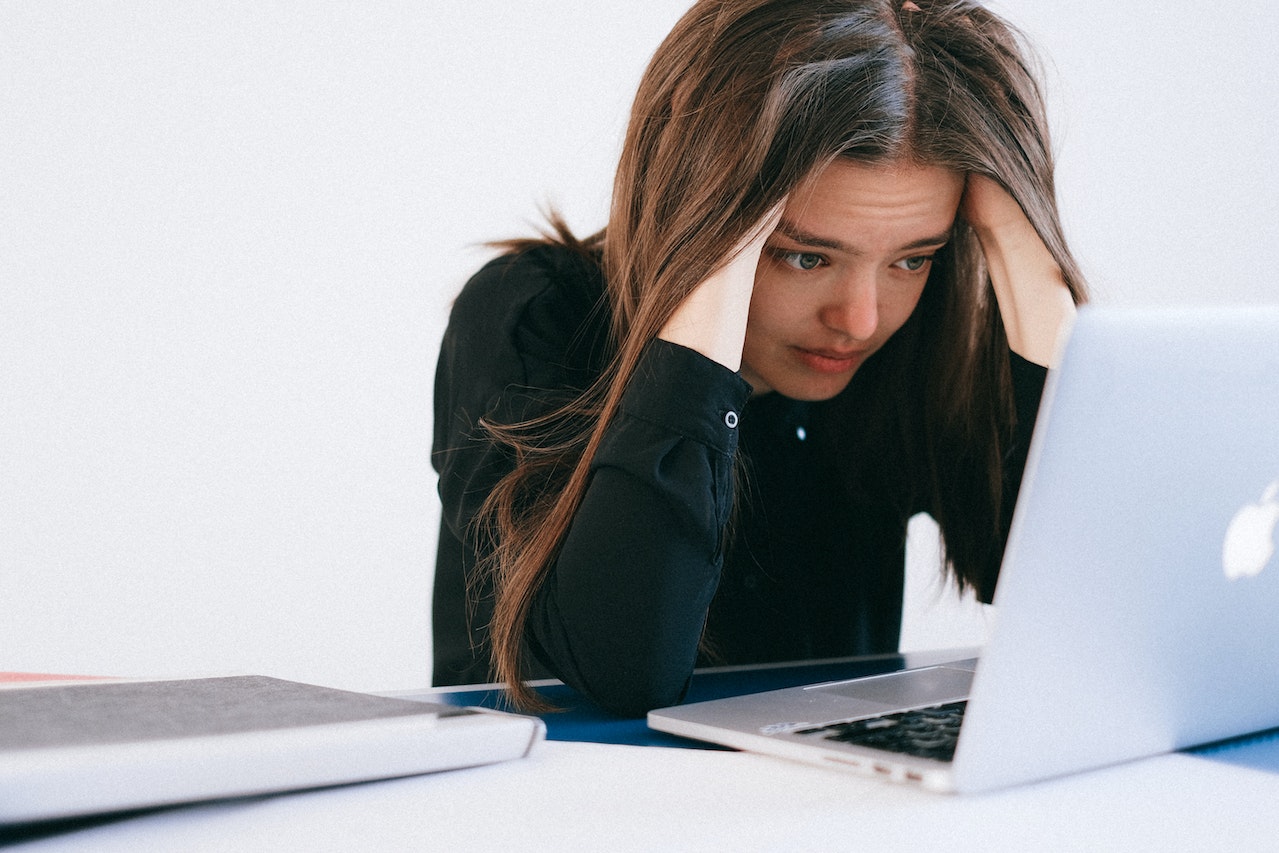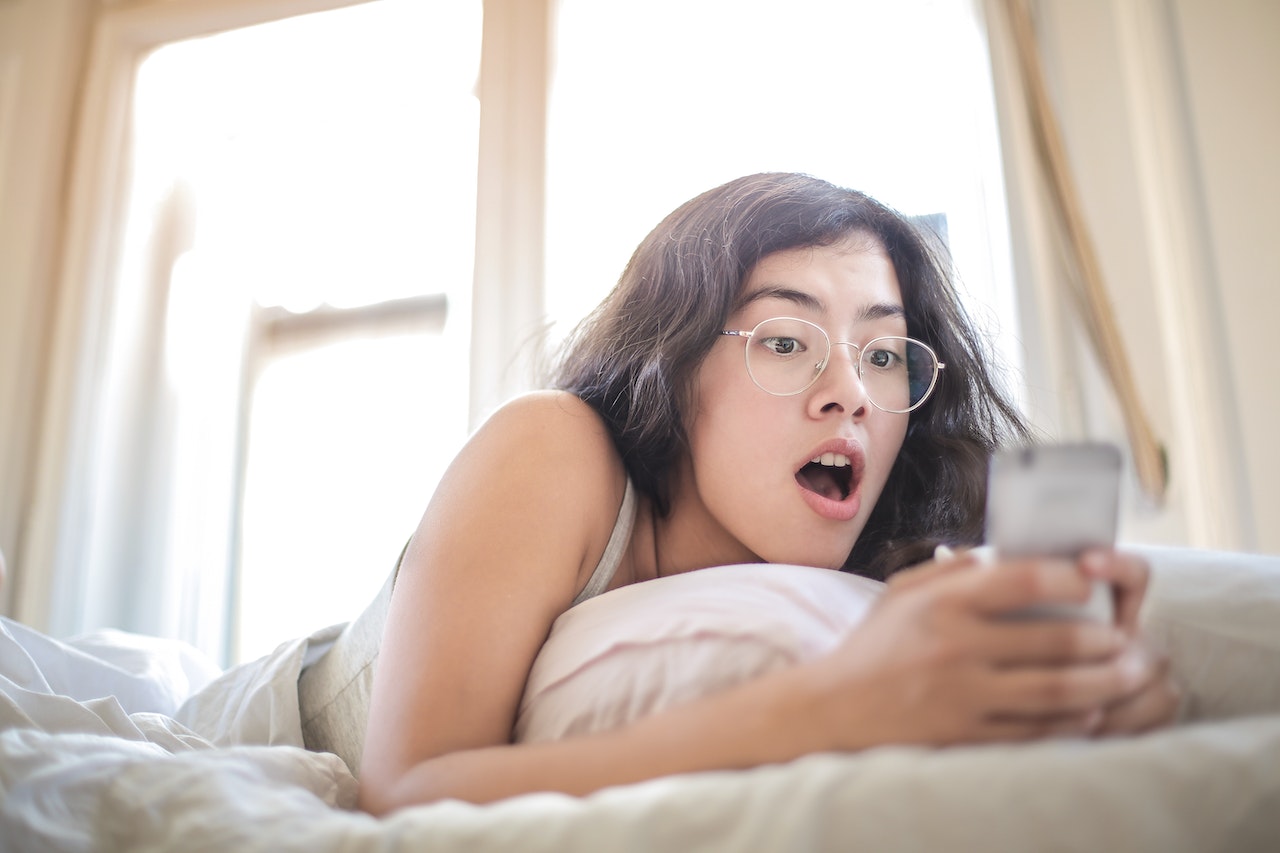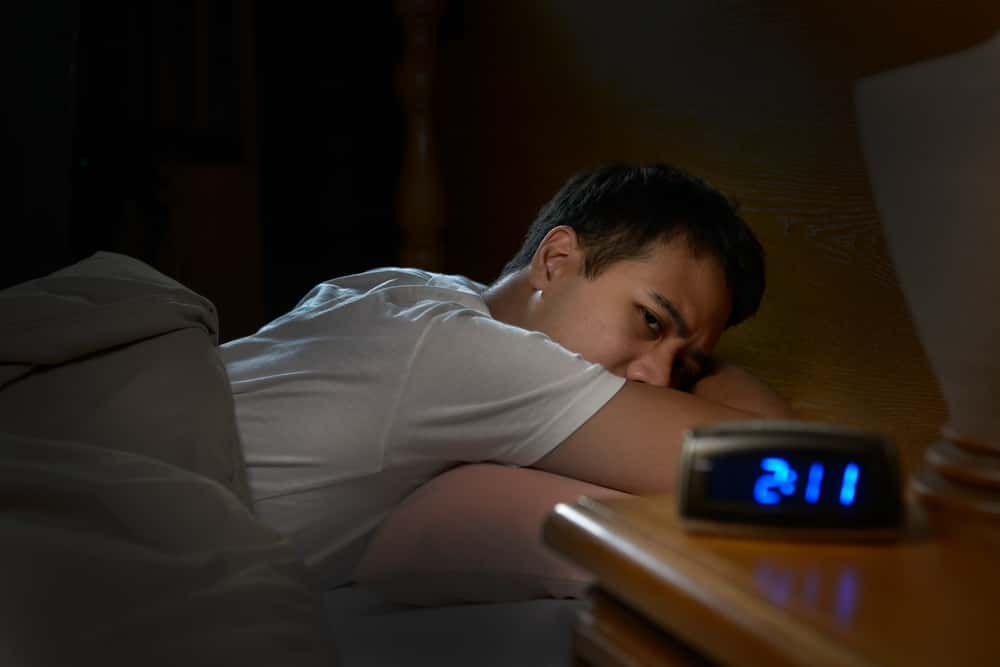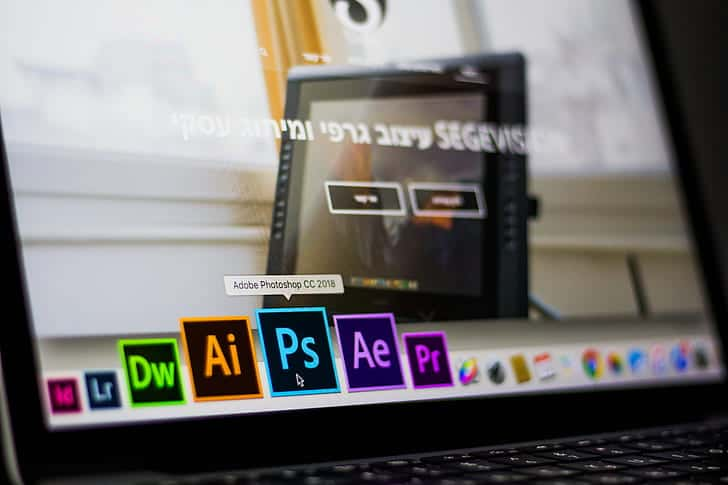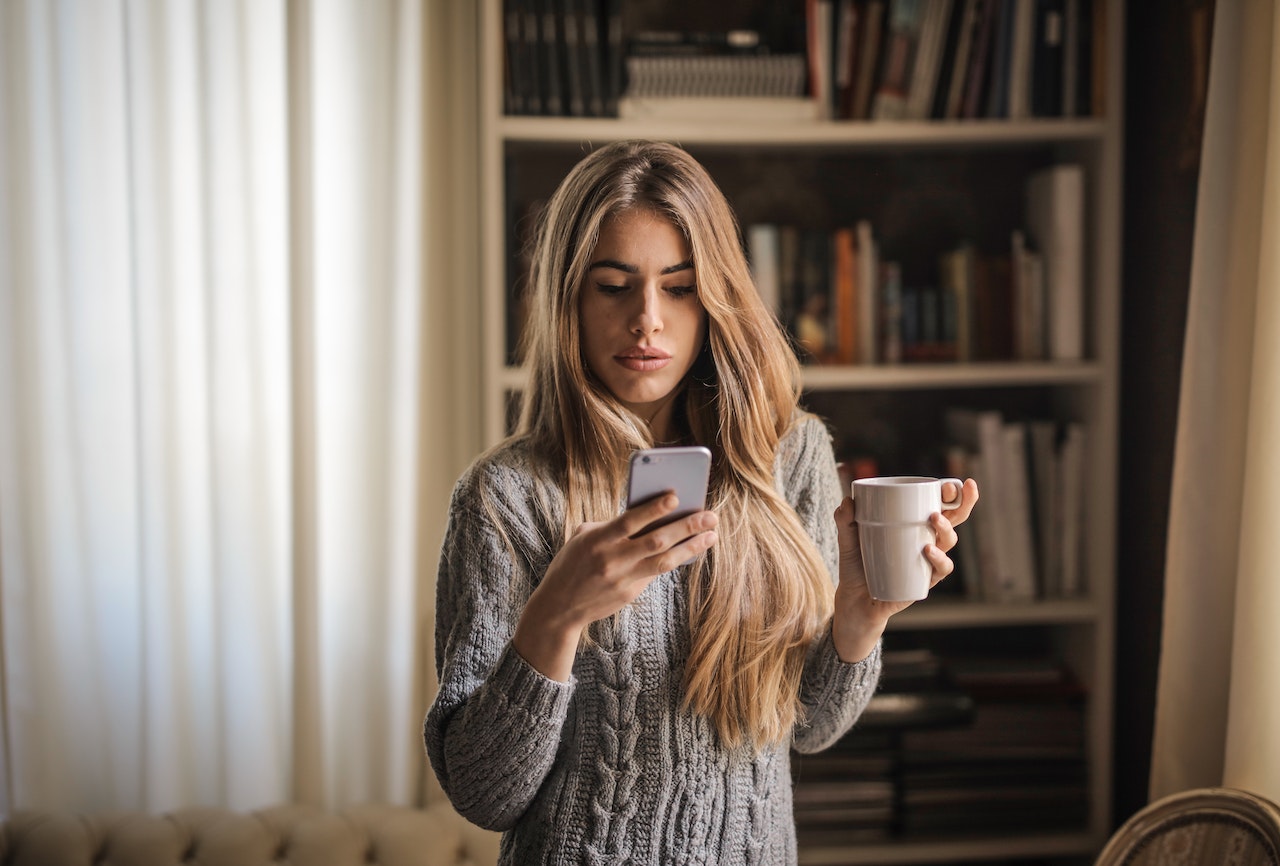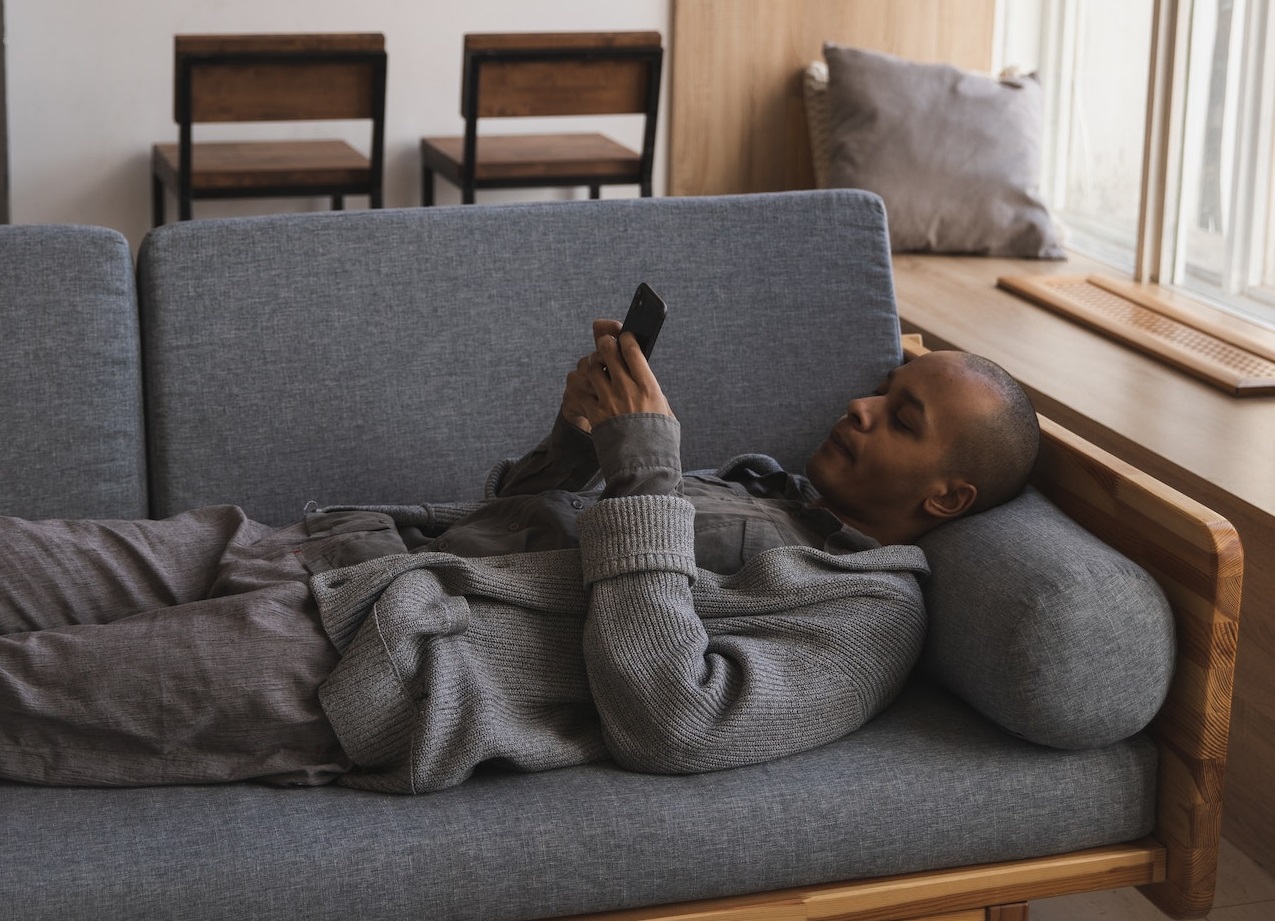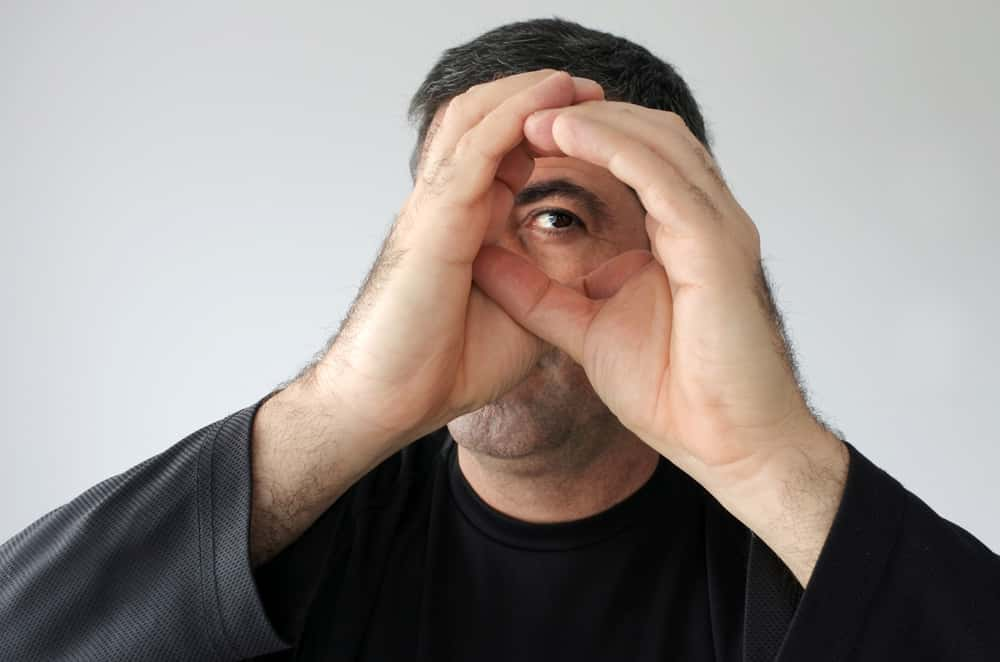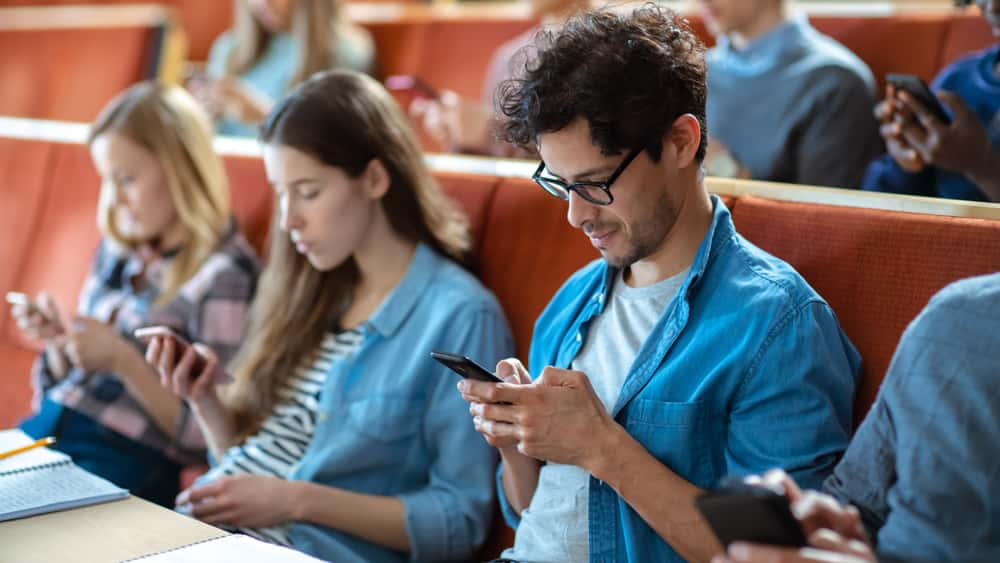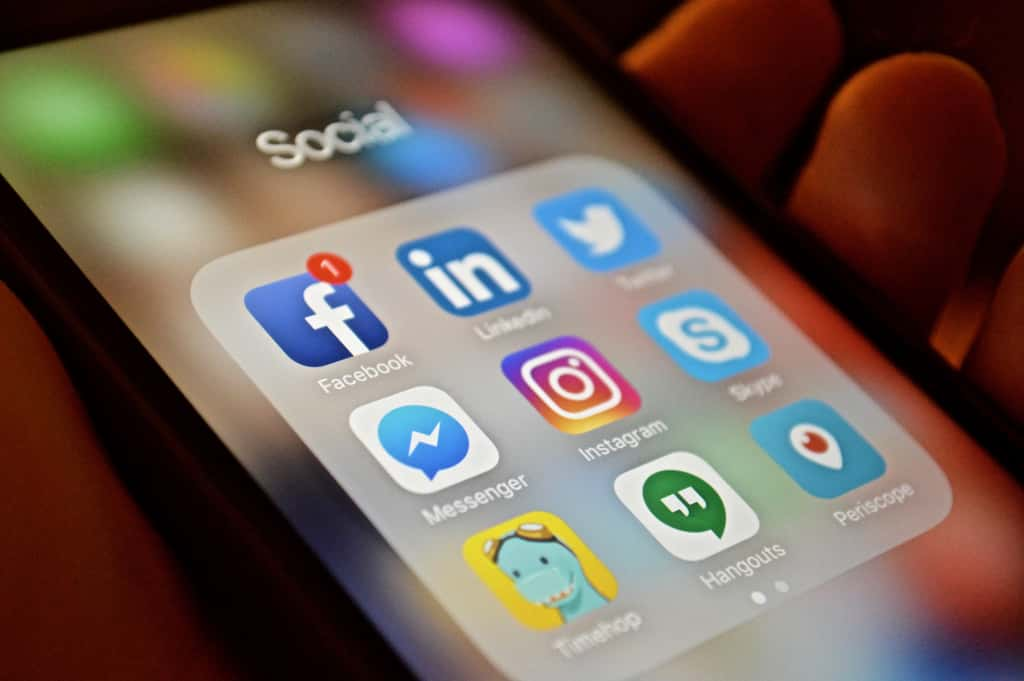The Negative Affects of Social Media
Ah, social media! It's like that friend who's fun in small doses but can be a bit much when you spend too much time together.
In the digital age, social media is an integral part of our lives, but it's not all #ThrowbackThursdays and cute cat videos.
Let's chat about some of the not-so-great aspects of our online worlds and why sometimes, disconnecting might be just what we need.
Decreased Attention Span
Our ability to concentrate is taking a hit, thanks to social media. With a constant barrage of notifications and quick-scrolling feeds, our attention spans are shorter than ever.
A Microsoft study found that the average human attention span has decreased from 12 seconds to 8 seconds, shorter than that of a goldfish!
Unrealistic Expectations
Social media often portrays life through rose-colored filters, leading to unrealistic expectations. Everyone's posting their best life, but remember, it's not always real.
About 60% of people admit to feeling inadequate due to social media, per a survey by the Royal Society for Public Health in the UK.
Anxiety and Depression
There's a growing body of research linking social media use with increased rates of anxiety and depression, especially among teens.
A study from the University of Pennsylvania found a significant decrease in loneliness and depression among participants who limited their social media usage.
Cyberbullying
Cyberbullying is a dark side of social media, where the anonymity and distance make it easy for people to be mean.
Statistics show that about 37% of young people have experienced cyberbullying, which can have severe psychological effects.
FOMO (Fear of Missing Out)
FOMO is real, folks. Constantly seeing what others are doing can make us feel like we're missing out.
This phenomenon affects nearly 56% of social media users, leading to increased anxiety and feelings of loneliness.
Sleep Disruption
Scrolling through social media in bed? You're not alone, but it's not great for your sleep.
The blue light from screens messes with your sleep hormones, and about 35% of young adults report poor sleep quality due to late-night social media use.
Poor Body Image
Thanks to all those flawless, filtered photos, social media can make us feel insecure about our bodies.
Around 50% of teenage girls and 30% of teenage boys have used a photo editor to make themselves look better online, indicating the pressure to meet certain beauty standards.
Addiction
Yes, social media can be addictive. The dopamine hit from likes and shares keeps us coming back for more.
Around 5% of young people are considered to be at risk of social media addiction.
Sign Up For Our Newsletter
Stories that matter — delivered straight to your inbox.
Reduced Physical Activity
All that time spent scrolling is time not spent moving. Increased social media use has been linked to a more sedentary lifestyle, contributing to various health issues like obesity.
Privacy Concerns
Every like, share, or comment leaves a digital footprint. About 58% of social media users are concerned about their privacy, yet continue to share personal information online, often without considering the long-term implications.
Impact on Relationships
While social media can keep us connected, it can also interfere with real-life relationships. A study found that excessive use of social media is linked to relationship dissatisfaction and even breakups.
Misinformation and Fake News
Last but not least, social media can be a breeding ground for misinformation.
A study by MIT found that false stories are 70% more likely to be retweeted than true ones. It's crucial to fact-check before you share.
Final Thoughts
Social media isn't all bad, but it's important to use it mindfully.
The statistics highlighted in this article paint an alarming picture of the negative impacts of social media on our daily lives.
To mitigate these effects, it's crucial to cultivate a more mindful and balanced approach to social media use. This could mean setting specific times for checking social media, using apps to monitor and limit usage, engaging in digital detoxes, and prioritizing real-world interactions over virtual ones.
By consciously adjusting our relationship with these digital platforms, we can reclaim control over our mental and emotional well-being.
Remember to take those posts with a grain of salt, disconnect now and then, and focus on making real-life connections.
It's all about finding that sweet spot where social media is a tool, not a crutch.

